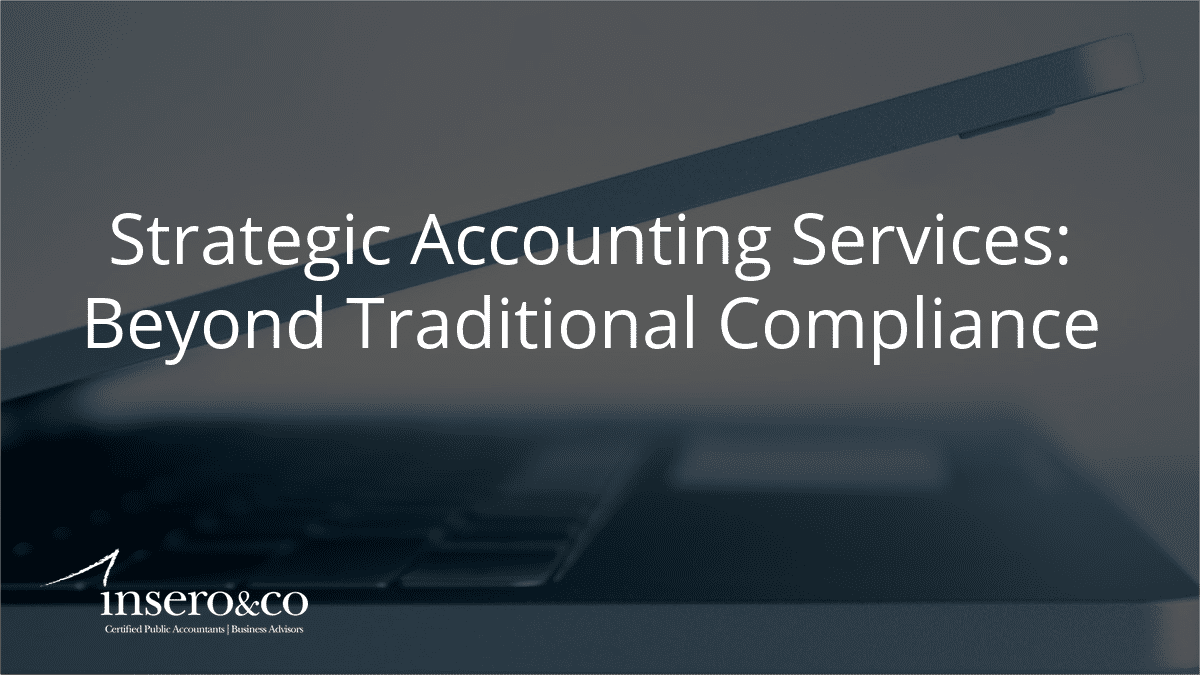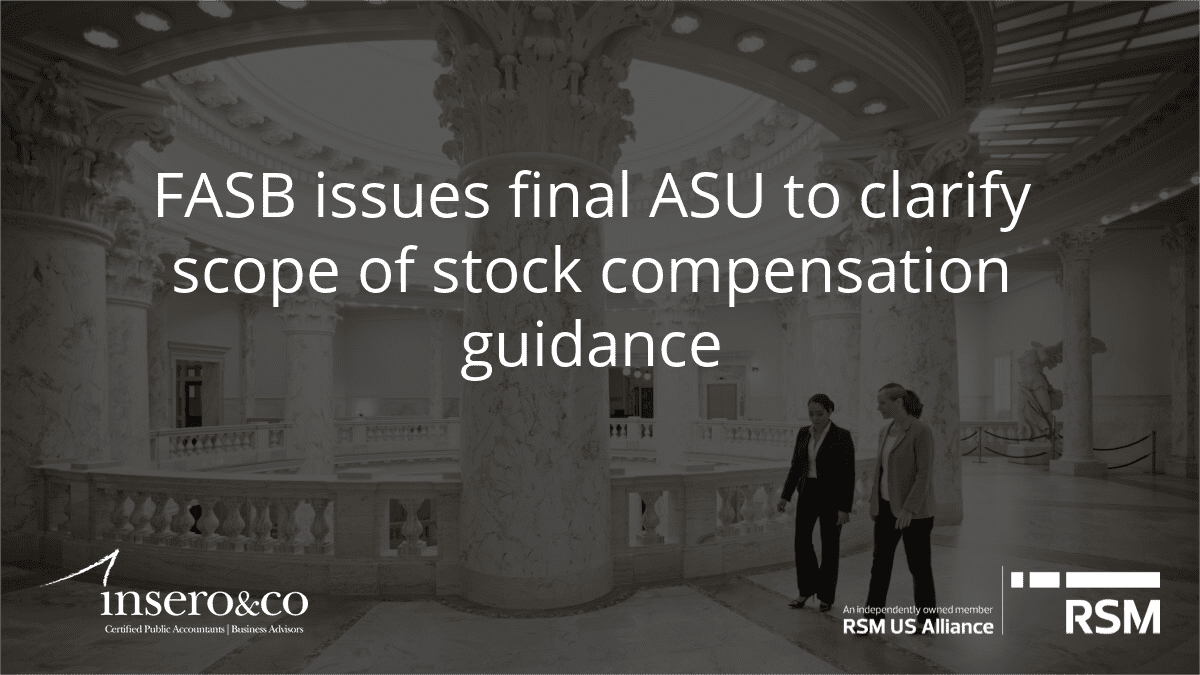On March 16, 2020, the House passed, by unanimous consent, an updated version of the coronavirus relief bill that it originally passed on March 14. The bill has been sent to the Senate. The bill, H.R. 6201, the Families First Coronavirus Response Act (the Act), provides: a) paid leave benefits to employees; b) tax credits for employers and self-employed taxpayers; and c) FICA tax relief for employers.
The tax changes in the updated version include:
- The original bill provided that sick leave and family and medical leave paid under the Act are not considered wages under Code Sec. 3111(a) (employer tax – old age, survivors and disability insurance portion of FICA; 6.2%). The updated version includes that provision and also provides an employer credit for the 1.45% hospital insurance portion of FICA with respect to sick leave and family and medical leave paid under the Act.
- The amount of the sick leave credit and the amount of the family and medical leave credit are increased by the portion of the employer’s “qualified health plan expenses” that are properly allocable to qualified sick leave wages. Qualified health plan expenses means amounts paid or incurred by the employer to provide and maintain a group health plan (as defined in Code Sec. 5000(b)(1)), but only to the extent that such amounts are excluded from the gross income of employees by reason of Code Sec. 106(a).
- The sick leave and family and medical leave credits may be taken against the employer’s railroad retirement tax.
- Sick leave and family and medical leave paid under the Act will not be considered wages under Code Sec. 3221(a) (employer’s railroad retirement tax).
Brief Summary of the Original Bill
Early on March 14, the House passed H.R. 6201, the “Families First Coronavirus Response Act” (the “Act”) to provide emergency supplemental appropriations and support Americans during the COVID-19 pandemic. Parts of the Act provide for emergency family and medical leave benefits, emergency paid sick leave benefits, and employer and self-employed tax credits and exclusion from employer FICA tax with respect to the payment of those benefits. The vote was 363-40.
Employer Tax Credits
The Act provides tax credits to employers to cover wages paid to employees while they are taking time off under the bill’s sick leave and family leave programs.
- The sick leave credit for each employee would be equal to his or her wages, limited to $511 per day while the employee is receiving paid sick leave to care for themselves, or $200 if the sick leave is to care for a family member or child whose school is closed. An additional limit applies to the number of days per employee: the excess of 10 days over the aggregate number of days taken into account for all preceding calendar quarters.
- The family leave credit for each employee is limited to $200 per day with a maximum of $10,000.
- The credits are refundable to the extent they exceed the employer’s payroll tax.
- Employers don’t receive the credit if they’re also receiving the credit for paid family and medical leave in Code Sec. 45S.
These rules apply only to wages paid with respect to the period beginning on a date selected by the Secretary of the Treasury which is during the 15-day period beginning on the date of the enactment of the Act, and ending on December 31, 2020.
Comparable Credits for Self-Employed.
The Act also provides for similar refundable credits against the self-employment tax.
- It covers 100% of a self-employed individual’s sick-leave equivalent amount, or 67% of the individual’s sick-leave equivalent amount if they are taking care of a sick family member, or taking care of a child following the child’s school closing. The sick-leave equivalent amount is the lesser of average daily self-employment income, or $511/day to care for the self-employed individual, or $200/day to care for a sick family member or child following a school closing.
- Self-employed individuals could receive a family leave credit for as many as 50 days multiplied by the lesser of $200 or their average self-employment income.
These rules apply only to days occurring during the period beginning on a date selected by the Secretary of the Treasury, which is during the 15-day period beginning on the date of the enactment of this Act, and ending on December 31, 2020.
Employer FICA Exclusion.
Under the Act, sick leave and family and medical leave paid under the Act will not be considered wages under Code Sec. 3111(a) (employer tax – old age, survivors and disability insurance portion of FICA; 6.2%).
If you have any questions, please contact a member of your Insero tax professional team.




